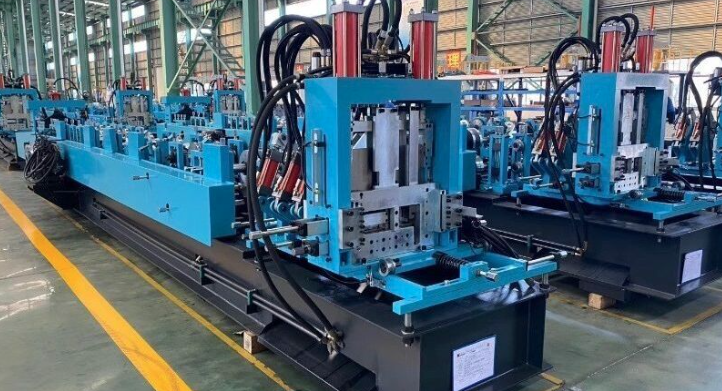
Posted on Tuesday, September 24, 2024
The role of a Roll Forming Machine Operator involves overseeing and operating machinery designed to bend, shape, and form metal materials into specific profiles or designs, often in manufacturing settings. Here's a breakdown of their key responsibilities:
Roll forming machine operators are crucial in manufacturing processes like metal roofing, siding, and structural components production. Their role ensures that materials are shaped accurately, efficiently, and safely.

Used Purlin Roll Forming Machines for Sale Worldwide
Posted on Sunday, January 25, 2026
Pre-Owned Roll Forming Machines for Purlin & Structural Steel Profiles

Used Roof Panel Roll Forming Machines for Sale Worldwide
Posted on Sunday, January 25, 2026
Pre-Owned Roll Forming Machines for Roofing Panel Production

Used Roll Forming Machines for Sale Worldwide
Posted on Tuesday, January 20, 2026
Pre-Owned Roll Forming Machines with Inspection, Verification & Global Support

Steel Coil Supply for Roll Forming Machines Worldwide
Posted on Tuesday, January 20, 2026
Reliable Steel Coil Supply for Roll Forming, Fabrication & Manufacturing Applications
Copyright 2026 © Machine Matcher.